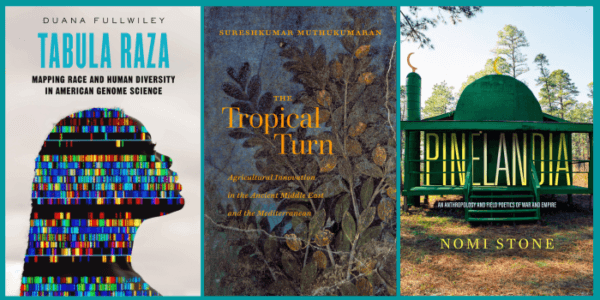About the Book
Across the pine forests and deserts of America, there are mock Middle Eastern villages, mostly hidden from public view. Containing mosques, restaurants, street signs, graffiti in Arabic, and Iraqi role-players, these villages serve as military training sites for cultural literacy and special operations, both seen as crucial to victory in the Global War on Terror. In her gripping and highly original ethnography, anthropologist Nomi Stone explores US military predeployment training exercises and the lifeworlds of the Iraqi role-players employed within the mock villages, as they act out to mourn, bargain, and die like the wartime adversary or ally. Spanning fieldwork across the United States and Jordan, Pinelandia traces the devastating consequences of a military project that seeks to turn human beings into wartime technologies recruited to translate, mediate, and collaborate. Theorizing and enacting a field poetics, this work enlarges the ethnographic project into new cross-disciplinary worlds. Pinelandia is a political phenomenology of American empire and Iraq in the twenty-first century.

